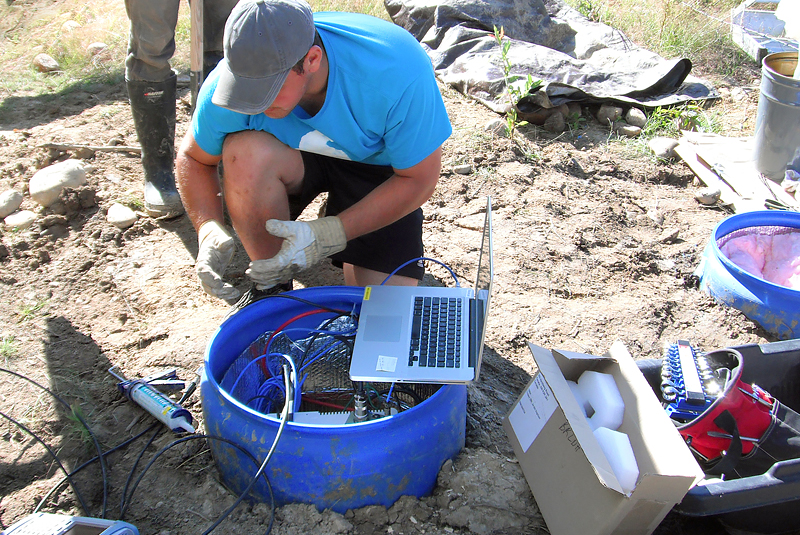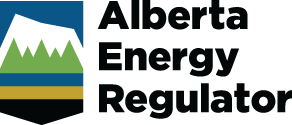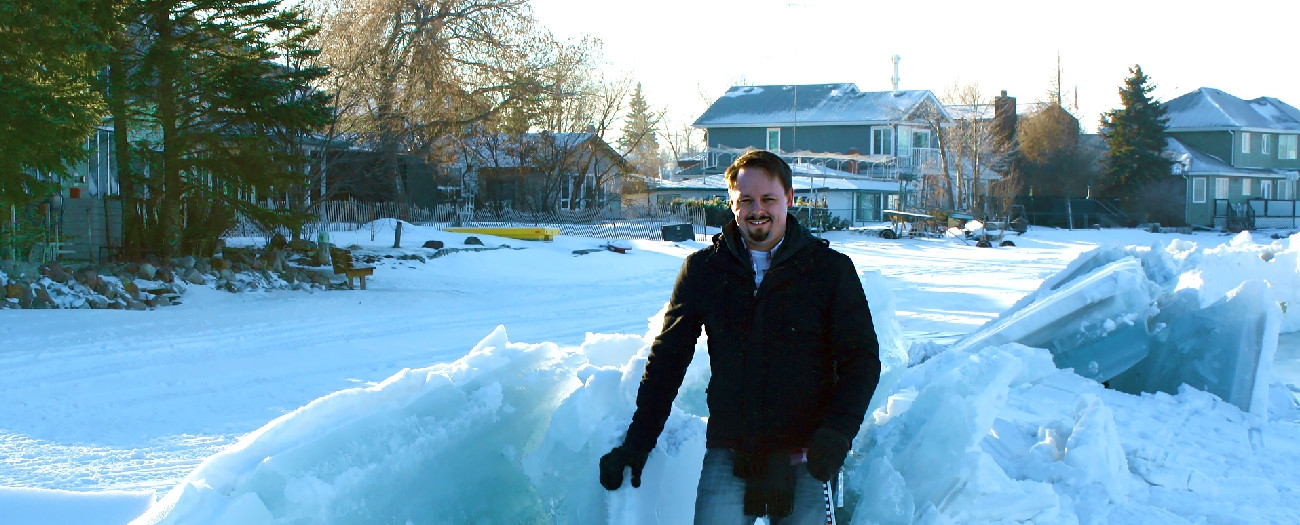AER’s extensive seismic monitoring system confirms “ice quake” west of Edmonton
Alberta - December 10, 2018Editors note: It’s almost time to turn the calendar on 2018 and look ahead to 2019. But for Alberta Beach residents, 2018 literally started with a bang as two “ice quakes” rippled through the area on January 1. Since then, experts from the Alberta Geological Survey and the University of Alberta have studied these rare but natural events, recently issuing a research report.
The researchers confirmed that the quakes weren’t a result of New Year’s Eve fireworks, but rather of a sudden reprieve from winter’s cold grasp and a lack of insulating snow to slow expanding ice on frozen lakes when the mercury rose. To mark nearly one year since these rare seismic events hit, we’re rerunning this story from January 2018.
In the late evening on January 1, residents of the village of Alberta Beach, about 70 kilometres west of Edmonton, may have felt some shaking that wasn’t the result of a New Year’s Eve party gone long.
Experts at the Alberta Geological Survey (AGS), a branch of the Alberta Energy Regulator (AER), confirmed two seismic events known as “ice quakes” caused by a rapid temperature change in the area. These quakes were the equivalent of a 2 magnitude (ML) seismic event.

The AER keeps tabs on all seismic activity across Alberta using the Regional Alberta Observatory for Earthquake Studies Network (RAVEN) stations—an extensive network of more than 50 monitors spread across the province. This is done in conjunction with networks operated by other research organizations: Natural Resources Canada, the University of Alberta, the Montana Bureau of Mines and Geology, the University of Western Ontario, and the University of Calgary.
At the heart of each station is the seismometer, a device that measures ground vibrations. These vibrations are recorded digitally and sent, in real time, to the AER, where the data is processed and analyzed. All of this information allows experts to detect and monitor earthquakes, including the suspected ice quake that struck near Alberta Beach.
AGS seismologist Ryan Schultz said these rare phenomena occur when there’s a significant temperature swing in a matter of hours. Most of Alberta was coming out of a long deep freeze on New Year’s Day.
The big temperature change caused ice to expand, creating popping sounds, ice heaves, and cracks in the ground’s surface.
“They don’t happen in Alberta every year, but they have happened before. A similar event happened near Calgary in 2014 and near Cold Lake in 2000. In 2016, there were also reports of an ice quake in Saskatchewan,” Schultz said.
In the media
'One in 50 years': U of A researchers help solve ice quake mystery at Alberta Beach
Edmonton Journal
December 16, 2018 | www.edmontonjournal.com
Alberta Beach ice quake mystery solved
CBC Edmonton
December 13, 2018 | www.cbc.ca
Mystery solved: ice quakes led to ground shifting in Alberta Beach
Global News
December 13, 2018 | www.globalnews.ca
Mysterious big bang, possibly an ice quake, shakes Alberta village
CTV Edmonton
January 2, 2018, 2018 | www.ctvnews.ca
Mysterious big bang, possibly an ice quake, shakes Alberta village
Global News
January 2, 2018, 2018 | www.globalnews.ca
Ryan Bartlett, Writer


